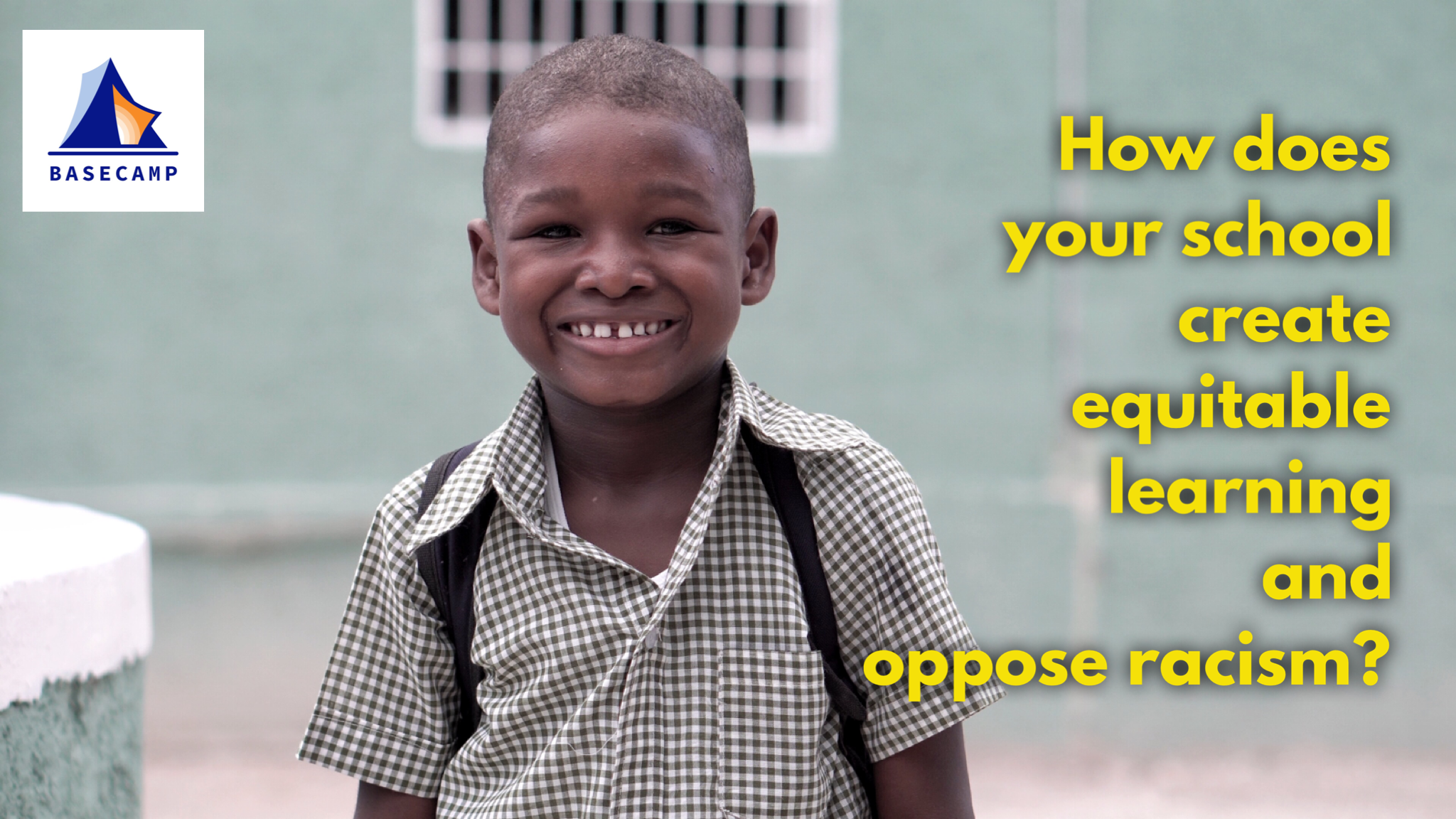Future of Learning Top Reads for week of Feb 11 2019 / @OldKingCole620
In honor of Black History Month, I will be sharing Twitter profiles for black educators whom I admire and from whom I learn constantly. (Twitter is, by far, the best PLN out there… and it’s free.)
What black educators do you follow? Please let us know!
Clyde Cole, founder / co-founder of multiple learning programs for students of color
I have known Clyde for almost 25 years. While I was still a college student and teaching young men of color for the first time, Clyde was my mentor. Few educators have taught me as much as he has taught me. Clyde’s current project, Partnership for Boys, develops “Driven, Engaging, Resilient, and Responsible boys and young men.”
This year his Partnership for Boys is joining forces with Clyde’s Omega Psi Phi Fraternity to offer this free event:
***
“While we’re obsessed with white people in blackface the nation’s schools are killing black minds,” by Citizen Stewart, on citizenstewart.com
“Here’s a question for you: what is more important to the survival of black people, the fact that endless stories continue to emerge revealing men in the highest offices were once enamored with continuing the hateful tradition of “blackface,” or the fact that there isn’t a state in America where black 4th grade reading proficiency rises above 31%?
“Are we more harmed by black paint on a white face, or the fact that black rates of high school dropouts is double that of whites and college completion for LatinX and black students lags far behind whites?
“You will ask why must you choose? Both are bad. These simple binaries aren’t instructive in any way.
“ ‘I can do both,’ you’ll say, meaning you can be outraged by examples of racism and address the miseducation of black children.
“I call your bluff. Yes, you can do both, but you don’t. Searching your social media reads like a clanging gong of outrage-by-the-minute stories that are here today, gone tomorrow. Your intellectual consumption is mostly empty calories.”
Why does this matter to the future of learning?
A short, powerful, must read for Black History month. Whether your context is private independent school, public school, or charter, the answers to the questions raised here impact the extraordinary inequity facing black students.
On top of that, a segment of the population thinks that sometimes blackface can be acceptable (note: it is never acceptable; it is 100% racist).
How does your school deal with these challenges?
***
“A New Design Thinking Model - The Compass,” by the Mount Vernon Institute for Innovation Team, on the MVIFI blog
“The outer ring of the Compass consists of the four thinking modes: discover, define, design, and deploy. Solving real-world problems rarely takes a linear path. In fact, you’ll often change your course many times. These modes provide ways for designers to check their bearing and to ensure they are headed toward their goal.”
Why does this matter to the future of learning?
Design thinking is a powerful way to help students to frame problems they have never seen before and to design solutions.
After years of prototyping various design thinking learning experiences (for both kids and adults), MVIFI—the research & development lab for Mount Vernon Presbyterian School—has released an update to their design thinking field guide.
If you’re new to design thinking in education, this is a great place to start. And if you’re a veteran, this is a great way to come at your practice from a new vantage point.
***
Question of the week:
***
Thank you for reading this post from Basecamp's blog, Ed:Future. Do you know someone who would find the Ed:Future blog worthwhile reading? Please let them know that they can subscribe here.




